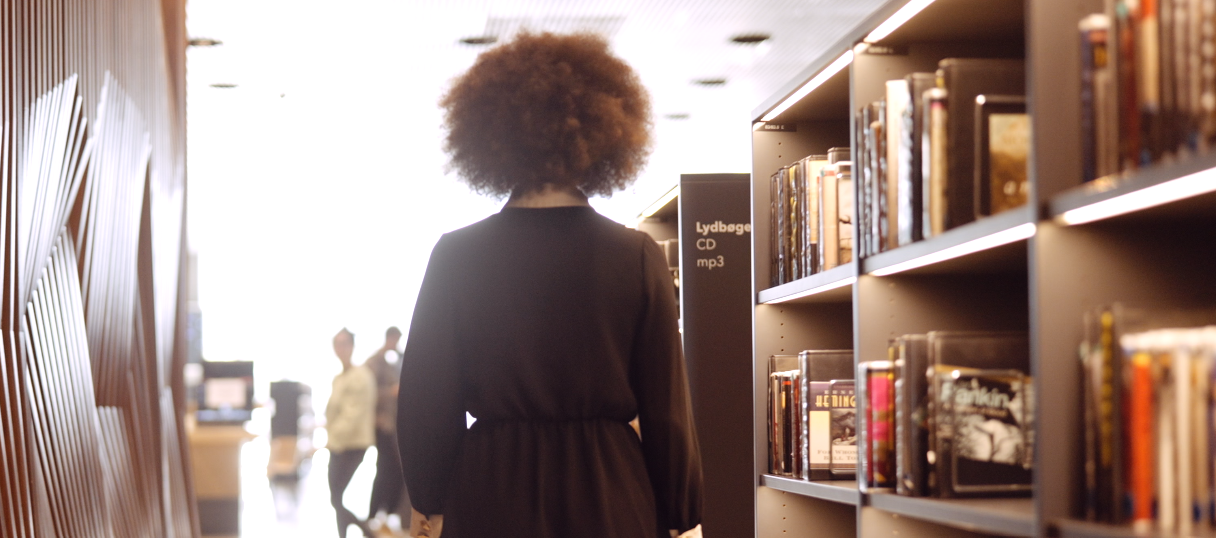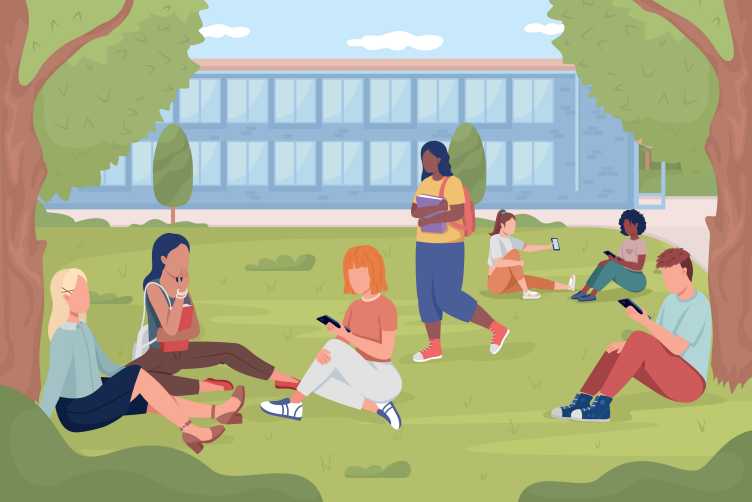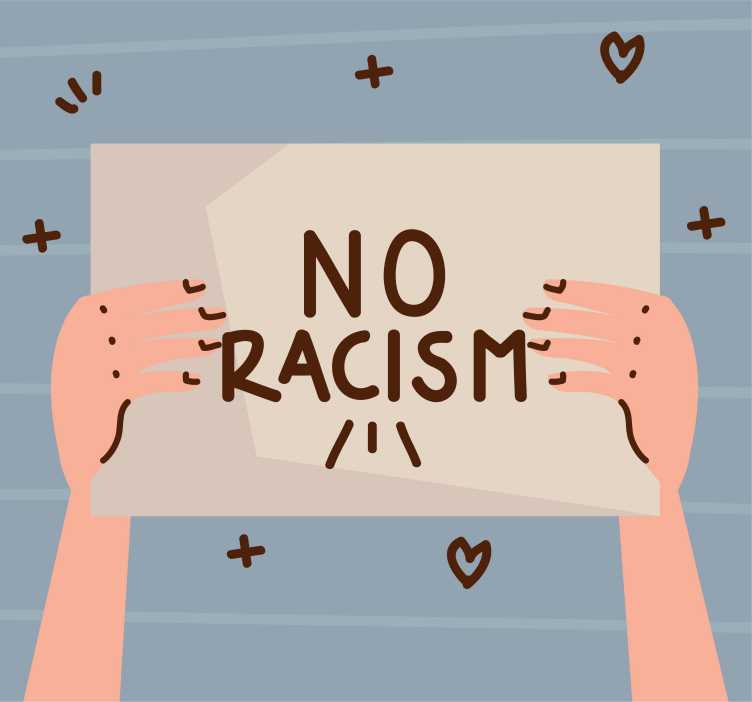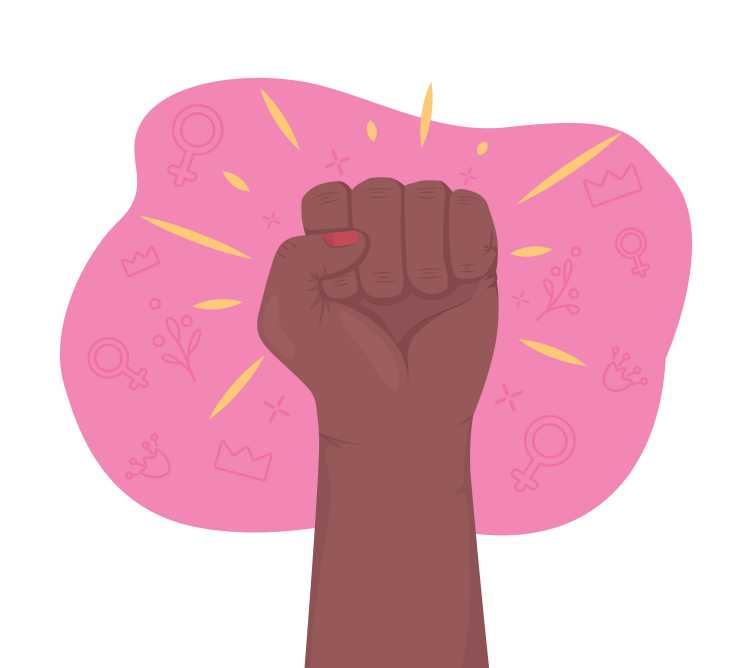Black History Month in October
As we acknowledge the Black History Month in October, three events will take place which are described in more detail in the following as well as the Black History Month itself. Importantly, here are also some relevant terms listed with explanations.

Black History Month began in 1926 in the USA - at that time as Black History Week. The African-American historian Carter G. Woodson initiated the week of action. Woodson wanted to draw attention to the marginalization of Black history in the USA. As a result, schools, museums and universities developed similar weeks of events and expanded them throughout the month of February. February was chosen because it coincides with the birthdays of former U.S. President Abraham Lincoln and civil rights activist and writer Frederick Douglass. Both played important roles in the abolition of slavery. Since 1976, every U.S. president to date has officially declared February as Black History Month in the United States of America.
In Europe, October has also become Black History Month to celebrate the continued achievements and contributions of Black people around the world. It's also a time for continued action to tackle racism, and ensure Black history is represented and celebrated all year round.
Events
ETH Diversity is offering various online events for ETH members as part of this year's Black History Month in October. The two workshops offered are deliberately held separately for people affected by racism and for people who don’t experience racism. We want people who feel exposed to racism themselves to be able to share their experiences freely and without fear of negative consequences in a safer space. For people who don’t experience racism but want to become allies against racism, we offer the opportunity for a respectful, yet possibly controversial dialogue in a braver space.

A public webinar lecture will be held about Whitened spaces and especially Whitened institutions such as universities in Switzerland. This lecture is about how such spaces are constructed and perpetuated, how they create exclusions and what can be done against those exclusions. The social scientist Danielle Isler shares her expertise regarding inclusion and diversity in academia and gives insights of her research. +++ This event has already taken place. +++

Online allyship-workshop with Danielle Isler for ETH members self-identifying as White who are not experiencing racism themselves and who are or want to become allies facing racism. In accordance with our current Respect Campaign and its slogan (“Put a full stop when others don’t.”) we will discuss and analyze how, where and when allies should advocate. This is a braver space for White people who do not experience racism themselves to reflect on their experiences with racism, their identity and behaviour. +++ This event has already taken place. +++

This online workshop is about empowering BIPoC. The digital Space will be created to be as 'safe' as possible for BIPoC who experience racism. A space in which all participants can express themselves and be heard. A space with compassion and encouragement, in which internalized, harmful beliefs can be challenged and courageously unlearned. Knowledge can create change, healing, self-confidence, and empowerment. +++ This event has already taken place. +++
Important Terms and Explanation
BIPoC is an acronym and stands for Black, Indigenous, and People of Color. The term PoC encompasses all individuals who are not White and who are affected by specific kinds of racism, e.g., Anti-Asian racism, Anti-Black racism, Anti-Muslim racism, etc. The term BIPoC should acknowledge that not all people of Color face equal levels of injustice.
Creating this allyship workshop as a braver space enables people to discuss about racism, allyship and reflect on past events and interactions facing racism. Importantly, it is not about answering the question "Do people experience racism and are theyharmed by racism?" but rather "When people are harmed by racism, how will we face it together?"
The concept of race has been proven scientifically not to be meaningful from a biological perspective. It is a social construct and was invented in the 1400s by Western Europeans to describe human beings and to put them in a societal order. The racial category White was always associated with superiority. Although biological races don't exist, people are still racialized and put into categories based on characteristics such as skin colour, features, religion, etc. Racism is the structural, institutional, interpersonal and internalized discrimination of racialized people.
Safer Space is a concept that refers to an autonomous space and is created for individuals who feel marginalized or discriminated to come together to communicate regarding their experiences with such marginalization/discrimination. They are most commonly located on university campuses in the western world, but also at workplaces.
Anti-Racism Resources
For anyone seeking anti-racism reading have a look at our list of anti-racism resources. There you can find a few valuable books, social media links and podcasts in English, German and French.
